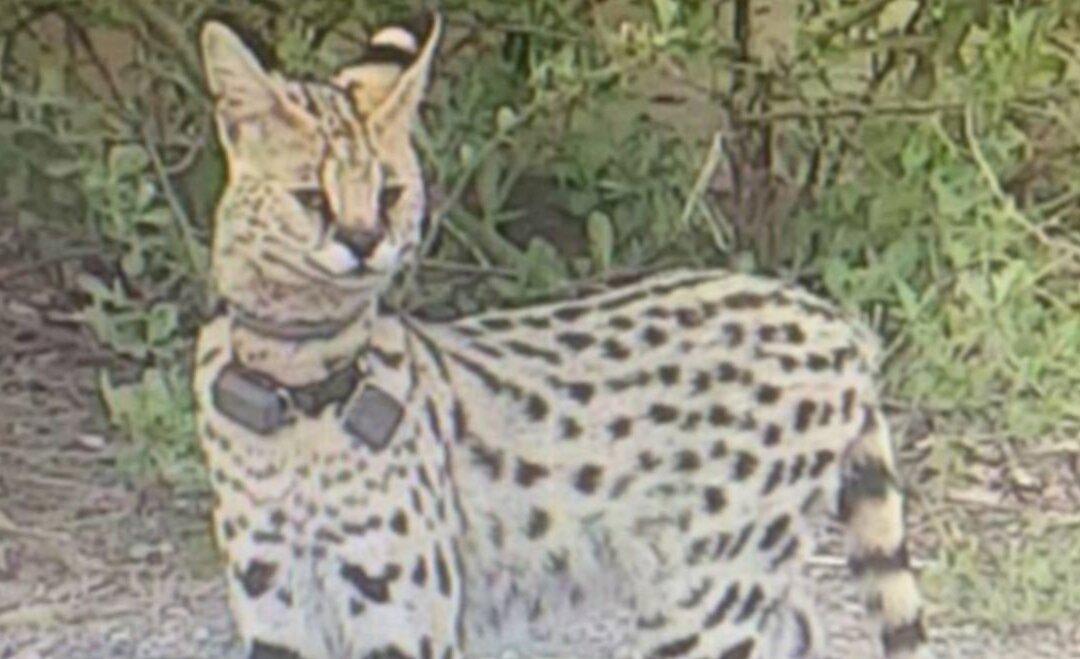Officials in Virginia Beach, Virginia, said that an “exotic” cat that weighs about 25 pounds is on the loose in the city.
The animal, city officials said, appears to be a cross between a house cat and a leopard. It’s known as a Serval, which is native to Africa, according to the African Wildlife Foundation.





